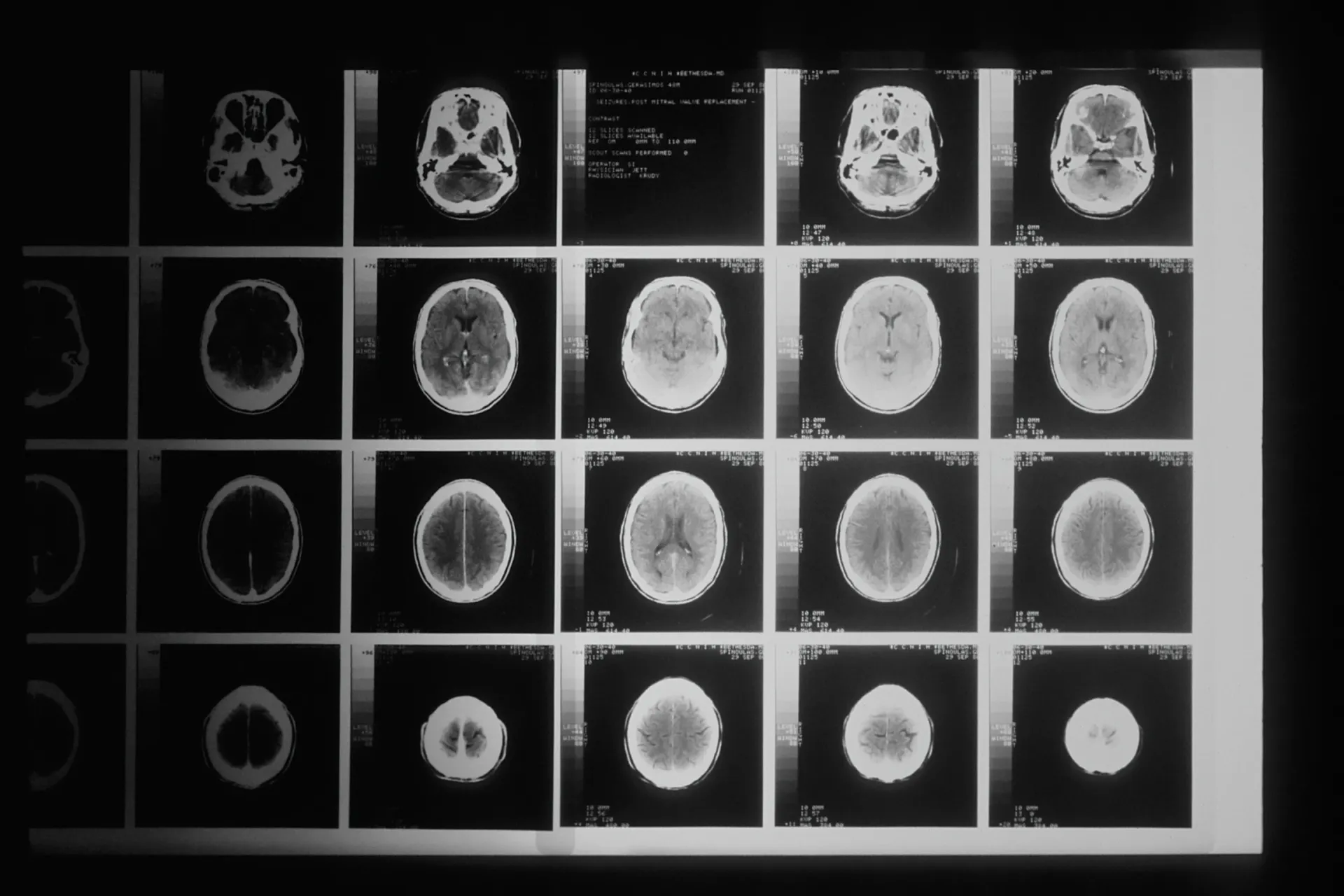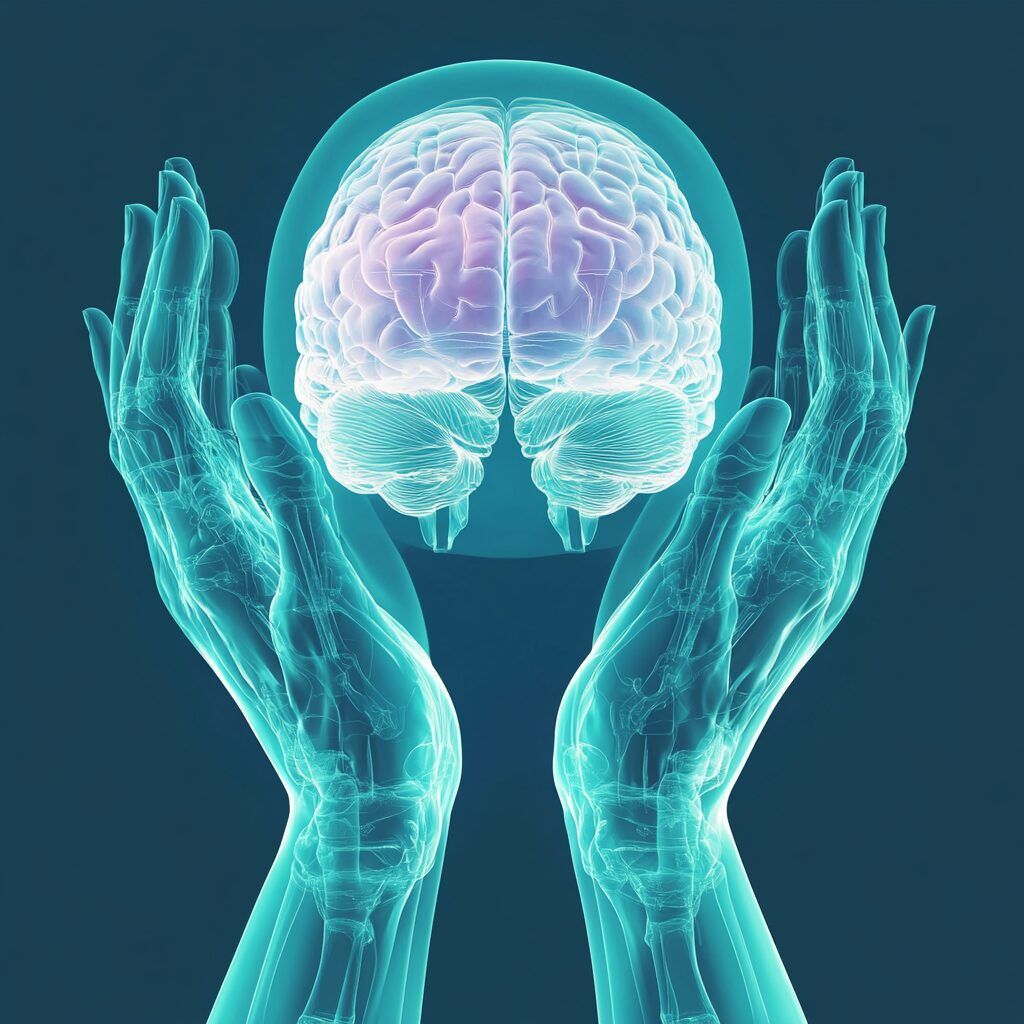NAFLD and Dementia
A study from the journal Neurology revealed that nonalcoholic fatty liver disease (NAFLD) is independently associated with cognitive impairment.

WHAT IS NON ALCOHOLIC FATTY LIVER DISEASE?
Nonalcoholic fatty liver disease (NAFLD) is an umbrella term for a range of liver conditions affecting people who drink little to no alcohol. As the name implies, the main characteristic of NAFLD is too much fat stored in liver cells.
METABOLIC DISEASE AS A RISK FACTOR
Dementia and NAFLD are two frequent conditions that share underlying risk factors mainly in the realm of metabolic disease.
The study from the journal Neurology included 4,472 adults age 20–59 years. The participants underwent assessment of liver enzyme activity and hepatic steatosis by ultrasound, and underwent cognitive evaluation using the following computer-administered tests: Simple Reaction Time Test (SRTT), Symbol-Digit Substitution Test (SDST), and Serial Digit Learning Test (SDLT).
Increased activity of the liver enzymes alanine aminotransferase (ALT) and aspartate aminotransferase (AST) correlated with while increased alanine aminotransferase was also correlated with lower performance in the SDST.
The current studies suggest that patients diagnosed with NAFLD incur cognitive dysfunction.

If left untreated, NAFLD can lead to more serious conditions including cirrhosis and liver failure. The good news is that fatty liver disease can be reversed—and even cured.
8 STEPS TO EFFECTIVELY TREAT FATTY LIVER DISEASE
- Lose excess weight Losing between seven and ten percent of body weight can improve other symptoms of NAFLD, such as inflammation, fibrosis, and scarring.
- Research from 2017 suggests that the Mediterranean diet may help to reduce liver fat, even without weight loss.
- Exercise It's important to stay active when you have NAFLD. A good goal to shoot for is at least 150 minutes of moderate-intensity exercise per week.
- Avoid foods with added sugars Dietary sugars such as fructose and sucrose have been linked to the development of NAFLD.
- Take an omega-3 supplement A peer review study suggests that taking an omega-3 supplement may reduce liver fat.
- Avoid known liver irritants Certain substances can put excess stress on your liver. They include alcohol and certain over the counter medications.
- Consider taking vitamin E Vitamin E is one antioxidant that may reduce inflammation caused by NAFLD. Must take all components of vitamin E. This would include Mixed Tocopherols and Tocotrienols.
- Consider Herbs A 2018 paper identified certain herbs, supplements, and spices that have been used as alternative treatments for NAFLD. Compounds shown to have positive effects on liver health include turmeric, milk thistle, resveratrol, and green tea.
- Connect with a Functional Medicine Provider Who can guide your treatment plan.
REFERENCES
https://www.ncbi.nlm.nih.gov/pmc/articles/PMC4820136/
https://www.ncbi.nlm.nih.gov/pmc/articles/PMC7400092/
https://aasldpubs.onlinelibrary.wiley.com/doi/pdf/10.1002/hep.22752
https://www.hindawi.com/journals/grp/2016/1459790/
https://www.ncbi.nlm.nih.gov/pmc/articles/PMC5789322/
https://www.ncbi.nlm.nih.gov/pmc/articles/PMC6165515/
The information on this site is not intended to replace a one-on-one relationship with a qualified health care professional and is not intended as medical advice. It is intended as a sharing of knowledge and information from the research and experience of Dr. Grisanti and his functional medicine community. Dr. Grisanti encourages you to make your own health care decisions based upon your research and in partnership with a qualified health care professional.
We offer whole-person functional and integrative care at The Healing Collective. Contact us to schedule a free consult or to become a new patient at our clinic in Niwot, CO.
Learn more about our functional medicine providers here.












